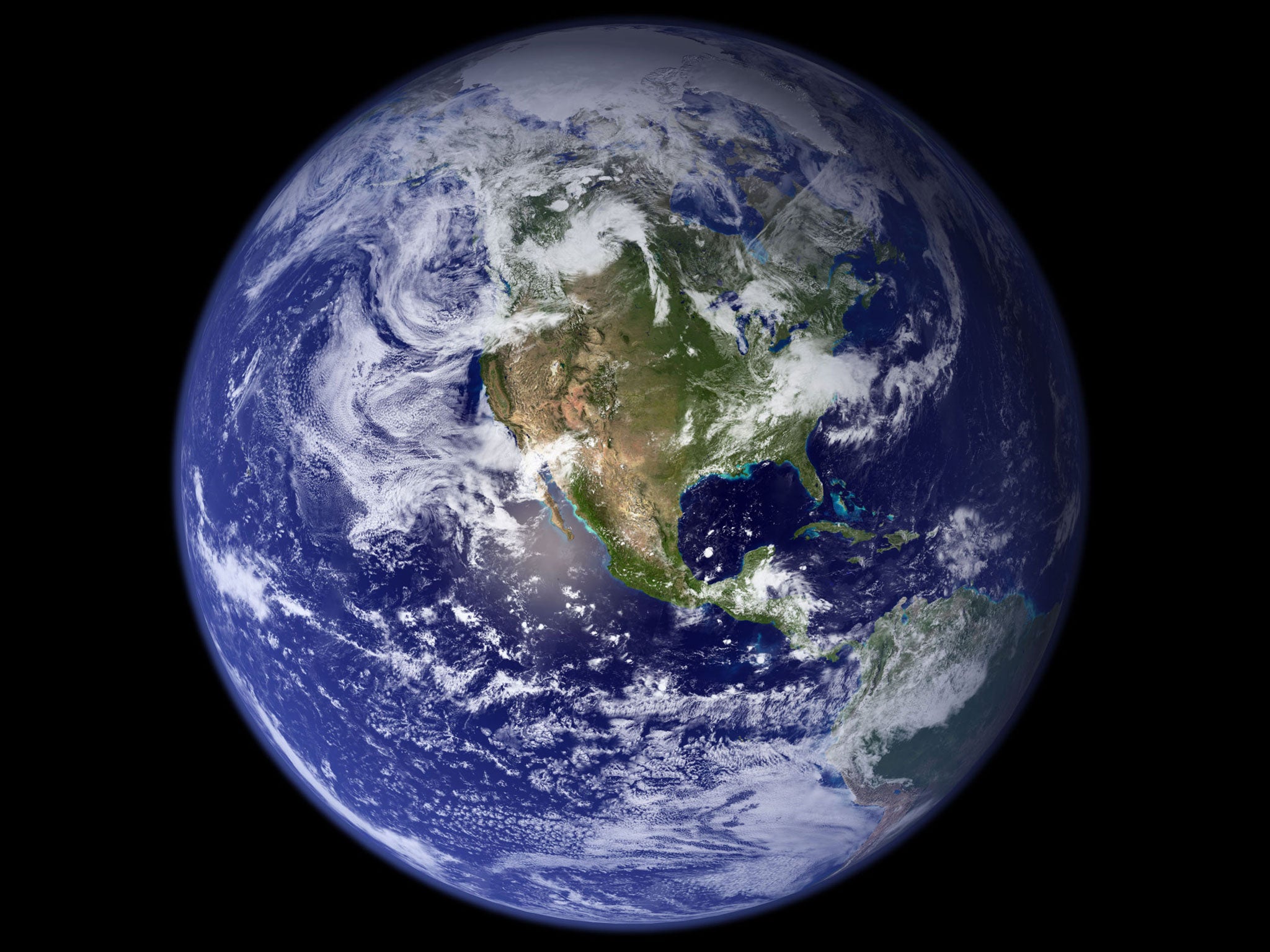Life on Earth under threat from CO2 levels, say scientists

Your support helps us to tell the story
From reproductive rights to climate change to Big Tech, The Independent is on the ground when the story is developing. Whether it's investigating the financials of Elon Musk's pro-Trump PAC or producing our latest documentary, 'The A Word', which shines a light on the American women fighting for reproductive rights, we know how important it is to parse out the facts from the messaging.
At such a critical moment in US history, we need reporters on the ground. Your donation allows us to keep sending journalists to speak to both sides of the story.
The Independent is trusted by Americans across the entire political spectrum. And unlike many other quality news outlets, we choose not to lock Americans out of our reporting and analysis with paywalls. We believe quality journalism should be available to everyone, paid for by those who can afford it.
Your support makes all the difference.There will be a dramatic global decline in the number of animal and plant species this century if the world continues to procrastinate over measures to cut carbon dioxide emissions to limit climate change, a study has found.
Current CO2 emissions are currently tracking on the highest trajectory envisaged by climate scientists. That means if nothing is done to reduce emissions significantly over the coming decades, over half of common plants and one-third of the animals could see a serious decline, the study concluded.
Scientists came to the assessment by estimating the current and future geographical ranges of nearly 50,000 widespread and common species to see how rising temperatures are likely to affect their territorial limits as defined by the sort of climate they are adapted to live in.
Plants, amphibians such as frogs and toads, and reptiles such as lizards are the groups that are likely to suffer the most from a changing climate because of their relative vulnerability to rising temperatures and inability to move rapidly from one territory to another, the study found.
It is one of the first detailed assessments of how common species found over wide regions of the world will be able to cope with climate change. Many of these animals and plants are important because they perform fundamental “ecosystem services” such as cleaning up water supplies and decomposing waste produce. “This research predicts that climate change will greatly reduce the diversity of even very common species found in most parts of the world. This loss of global-scale biodiversity would significantly impoverish the biosphere and the ecosystem services it provides,” said Rachel Warren, of the University of East Anglia, who led the research.
“We looked at the effect of rising global temperatures, but other symptoms of climate change such as extreme weather events, pests and diseases mean that our estimates are probably conservative. Animals in particular may decline more as our predictions will be compounded by a loss of food from plants. There will also be a knock-on effect for humans because these species are important for things like water and air purification, flood control, nutrient cycling and eco-tourism.”
The study found that prompt and stringent mitigation – measures to reduce CO2 emissions – could substantially avert the biodiversity disaster facing the planet. The quicker these measures are enacted, the more time that plants and animals will have to adapt to any unavoidable rise in temperatures, says the study published in the journal Nature Climate Change. “Our research provides crucial new evidence of how swift action to reduce CO2 and other greenhouse gases can prevent the biodiversity loss by reducing the amount of global warming to 2C rather than 4C,” Dr Warren said.
Join our commenting forum
Join thought-provoking conversations, follow other Independent readers and see their replies
Comments